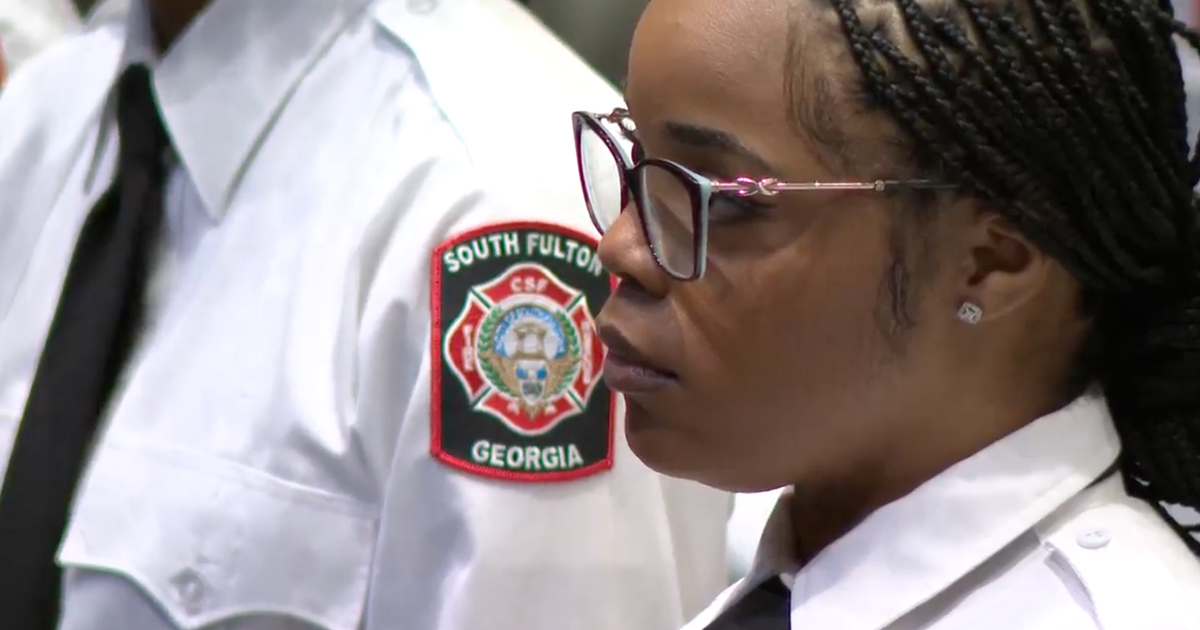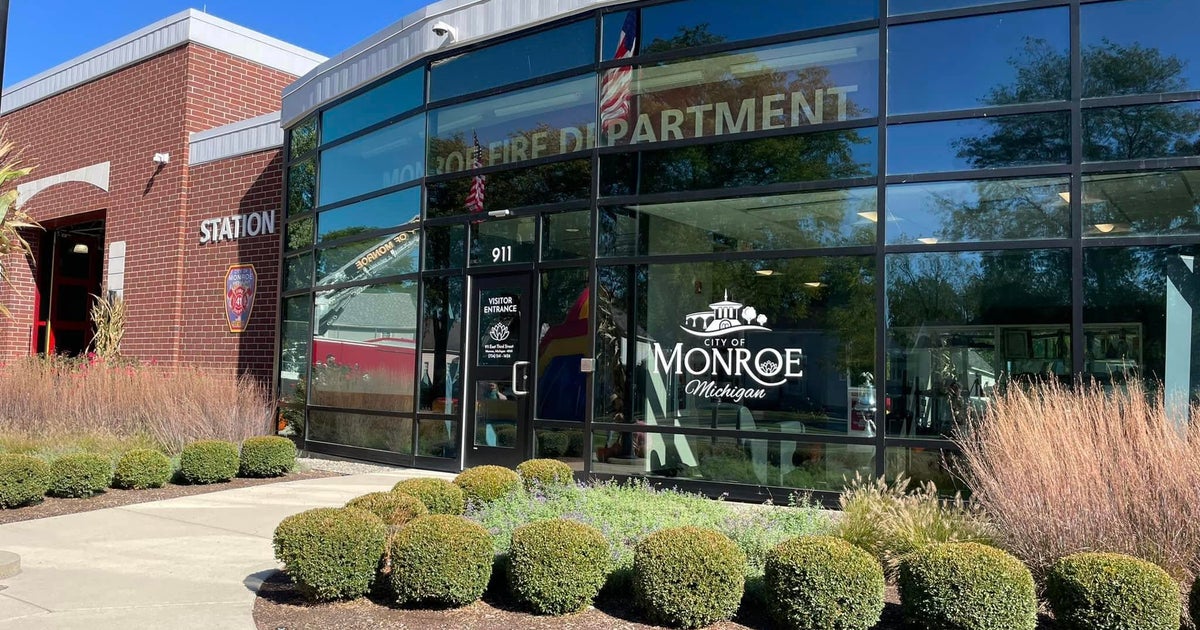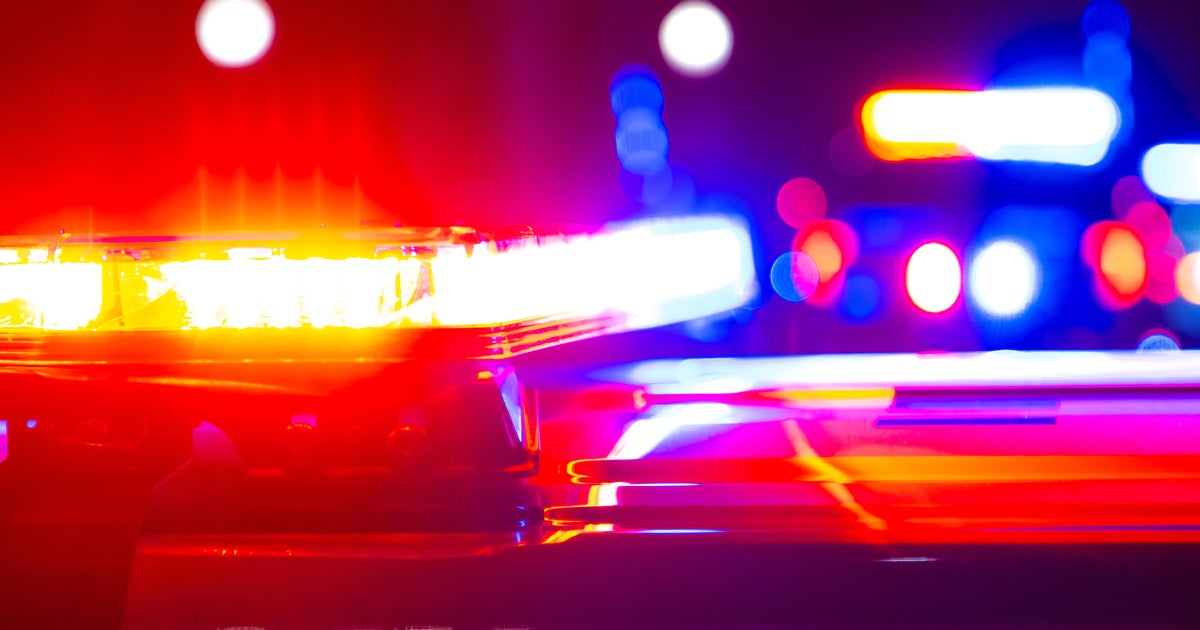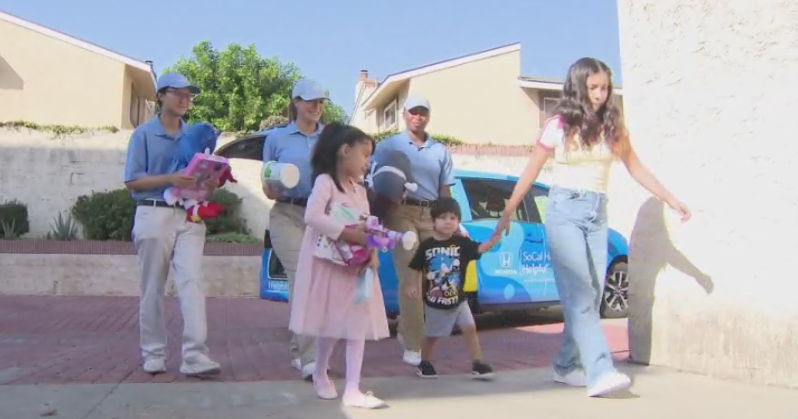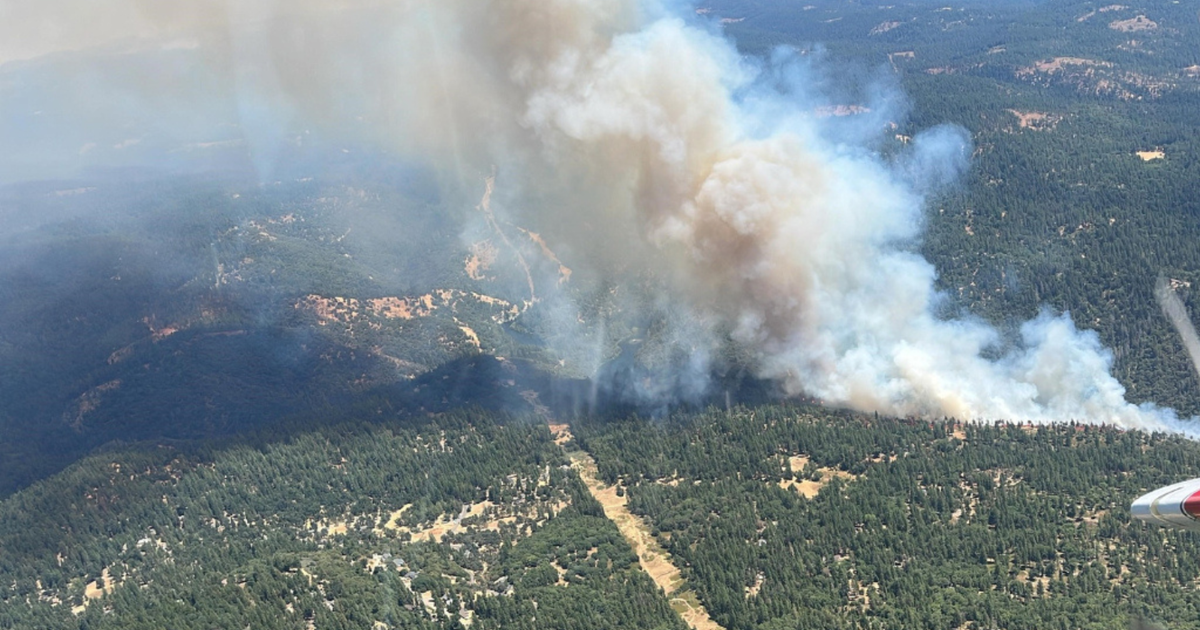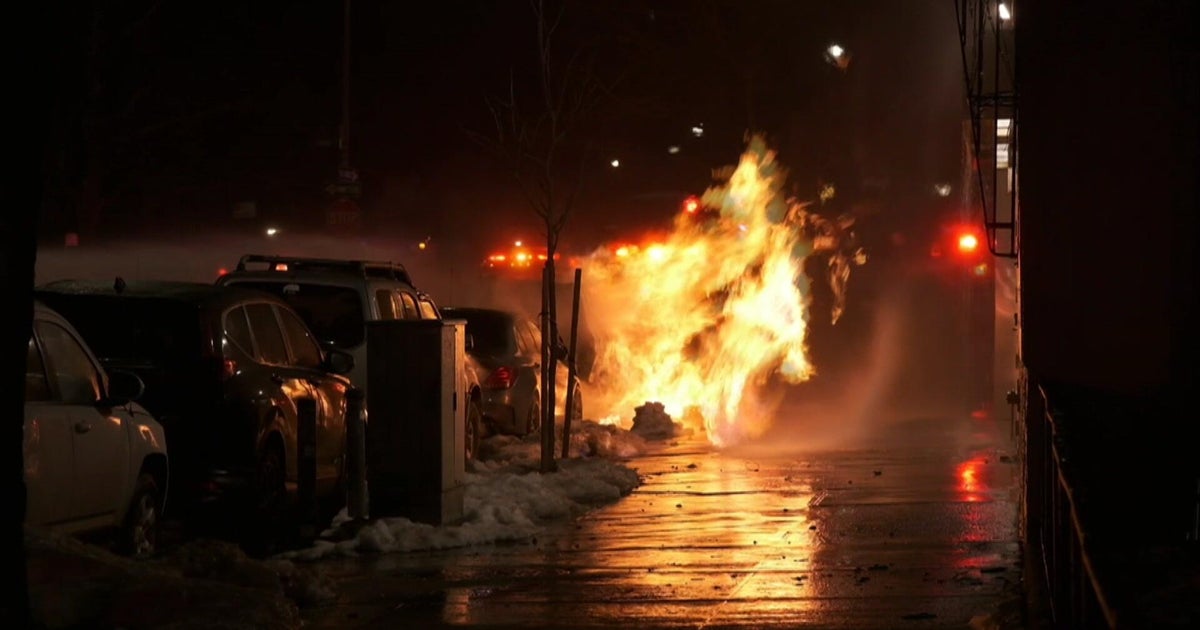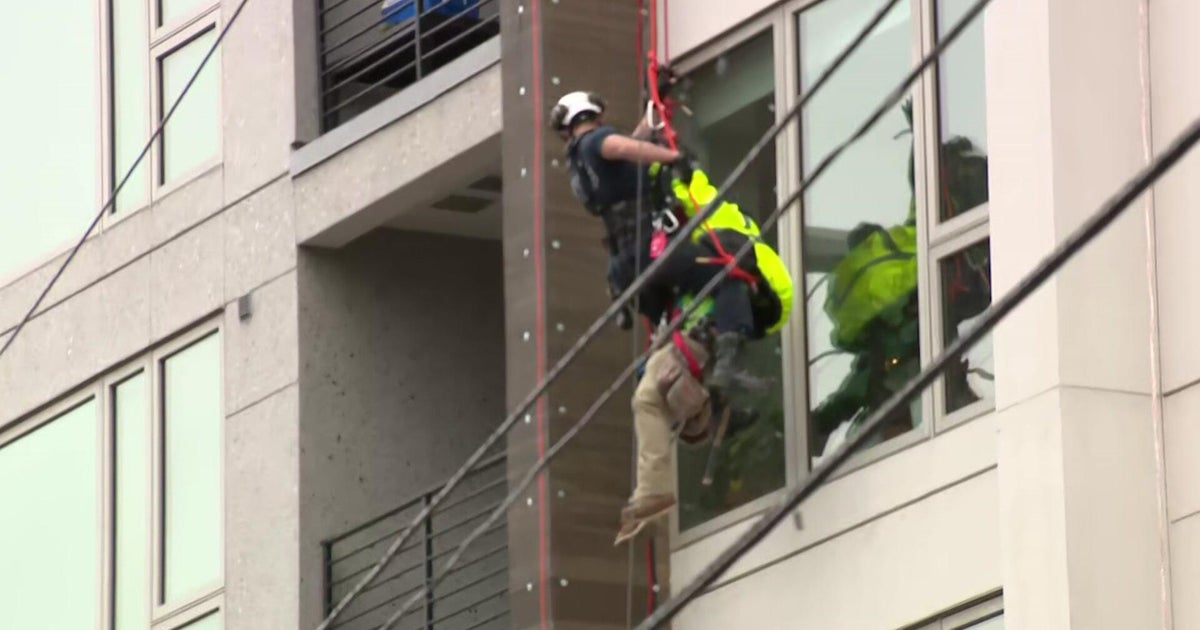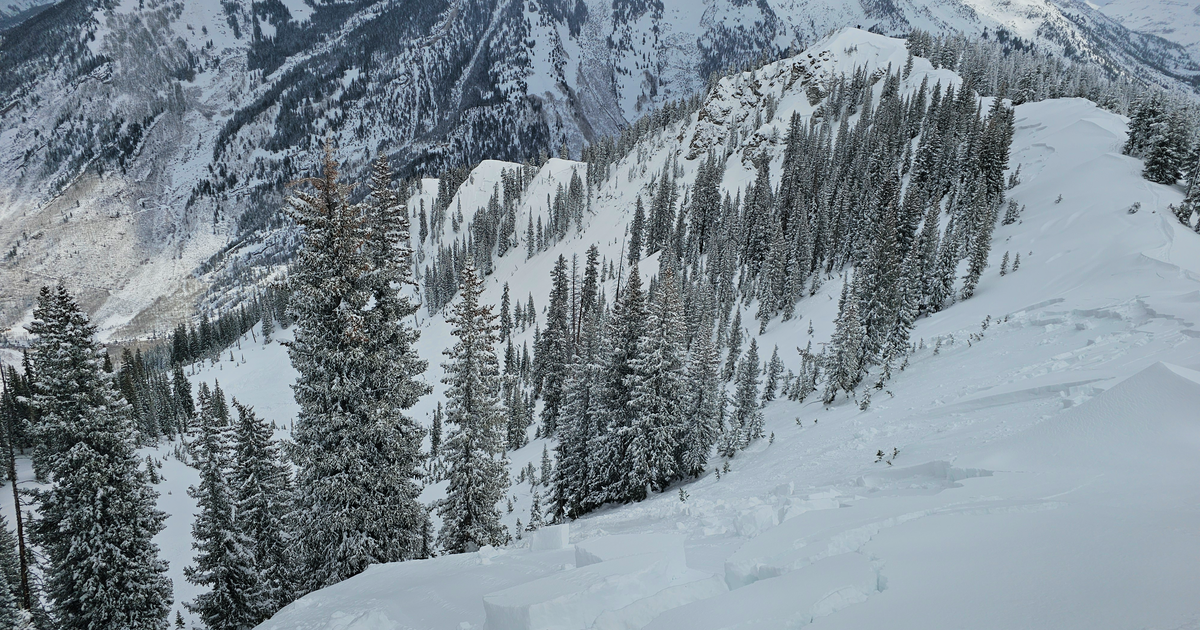Hidden Danger Putting Firefighters At Risk For Cancer
BOSTON (CBS) - With every call, firefighters know they could be putting their lives on the line. "You know it's a dangerous job," explained Kevin McNiff, a 28-year veteran of the Boston Fire Department. "But you really don't think about the silent killer, which is cancer," he said. But now, McNiff is forced to think about it. At 53-years-old he is being treated for kidney cancer. "I have a battle ahead of me," he said.
It's a battle more firefighters are facing. A study done by NIOSH, the National Institute for Occupational Safety and Health looked at more than 30,000 firefighters and found significantly higher rates of respiratory, digestive and urinary cancers than in the general population. "I've known dozens upon dozens of guys that have gotten cancer on this job," McNIff said.
Dr. Susan Shaw is a researcher based in Maine. She conducted a small study and found high levels of flame retardant chemicals in the blood of firefighters after a fire event. "Firefighters have this very high exposure to chemicals," she said. "It's a combination of the chemicals that are in our furniture, in our plastics, in our homes," she added.
Dr. Shaw is now launching a larger study, based here in New England. "We want to bring attention to ways to reduce exposure so we prevent cancer among firefighters," she said.
According to Dr. Shaw, there are a few things firefighters can do to reduce their risk. "It's all about decontamination," she said. Dr. Shaw's research has shown that cancer-causing chemicals and by-products can linger on equipment long after the fire is out. That means it's critical for firefighters to wash the soot off their skin. Dr. Shaw recommends firefighters hose off their gear after every fire as well. However, firefighter McNiff says that's really not practical because cleaning the gear can take a long time and backup gear isn't always up to par.
Dr. Shaw also recommends firefighters wear oxygen masks whenever possible, even during overhaul, which is the cleanup stage of the fire. But again, McNiff says that too is difficult, because the equipment is heavy and makes it hard for the firefighters during the overhaul.
Firefighters are trained to think of others first, but Rich Paris, the head of the Boston Firefighters Union, wants them to think of their own health. "You have to keep reminding them. 'We are trying to save you from getting sick down the road,'" he said.
McNiff, who lost his firefighting dad to cancer, has no regrets about doing the job he loves, but he worries what his illness means for his children. "That's what I'm concerned about, that I'm there to see my 17-year-old boy, or my 15-year-old girl, do whatever they decide to do and I'm around to see that," he said.
Dr. Shaw hopes the results of her study will help support the push for more communities to have comprehensive benefits to protect firefighters and their families from this hidden danger of the job.
MORE LOCAL NEWS FROM CBS BOSTON
